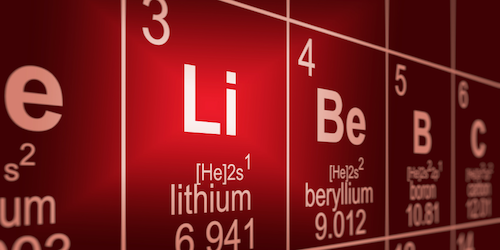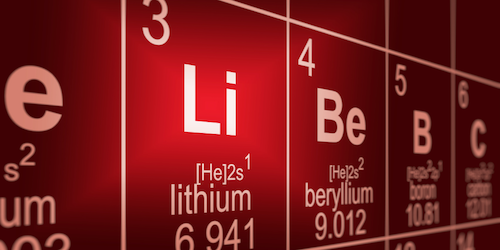Lightweight Particles Might Explain Missing Lithium
For more than a decade, cosmologists have been scratching their heads over the apparent deficit of lithium in the Universe. Big bang nucleosynthesis (BBN), the theory that predicts how the lightest elements formed in the first minutes after the big bang, overestimates the amount of cosmic lithium-7 by a factor of about 3. For the other light elements, hydrogen and helium, the BBN predictions match the observed values. Andreas Goudelis from the Austrian Academy of Sciences, Vienna, and colleagues reckon the solution to this problem could lie in hypothetical particles that are light and electrically neutral.
In standard BBN, lithium-7 is produced by the radioactive decay of beryllium-7, which originates from the fusion of two helium isotopes. Therefore, the amount of lithium-7 is directly related to the production of beryllium-7. Goudelis and co-workers demonstrate that the production of beryllium-7 can be reduced by the presence of lightweight, neutral particles that have direct interactions with nucleons and can dissociate the nuclei of berilium-7 and deuterium. Such a modification to standard BBN reduces the predicted amount of lithium-7 to the value inferred from observations of old stars. And it does so while keeping the amounts of deuterium and helium unchanged. This is because, first, the particles cannot interact with helium owing to their mass, and second, neutrons deriving from the dissociation of deuterium are only just “borrowed” temporarily to destroy lithium-7, before they are “given back” to hydrogen, producing deuterium and bringing it to the BBN level. It remains to be seen whether such particles will be detected in upcoming collider experiments.
This research is published in Physical Review Letters.
–Ana Lopes
Ana Lopes is a Senior Editor of Physics.





